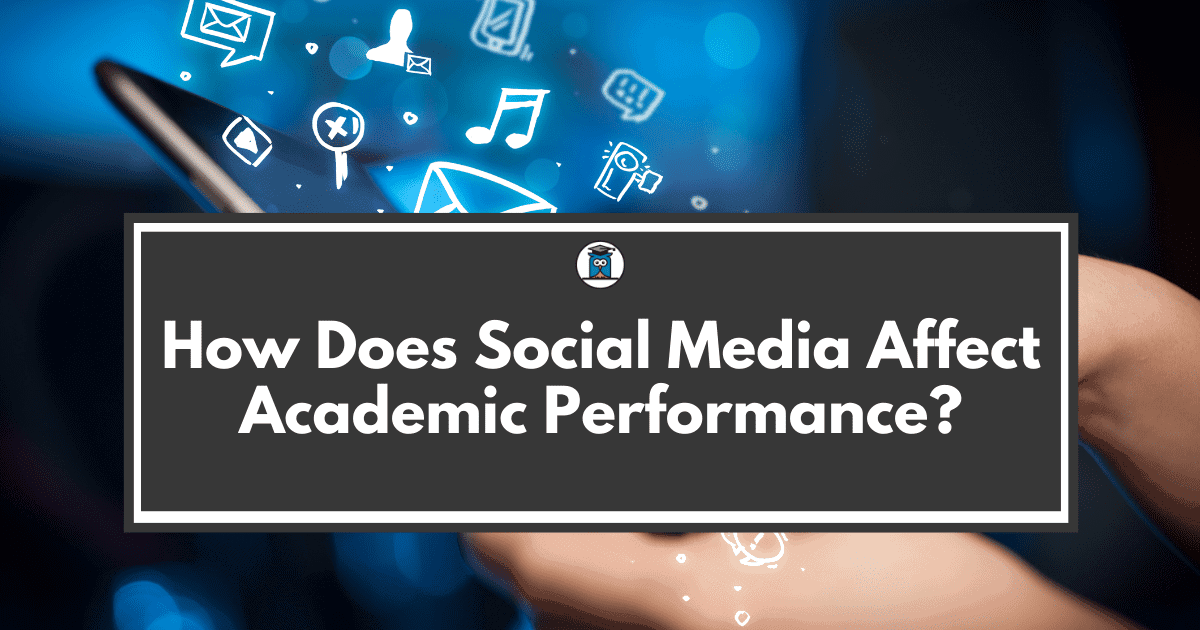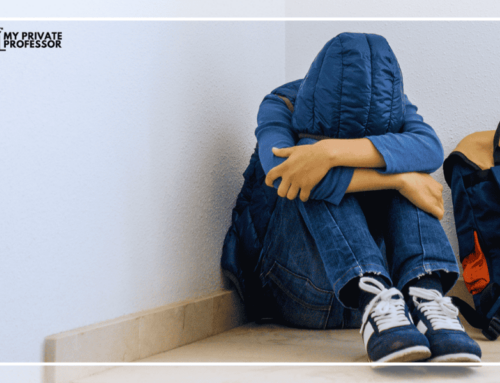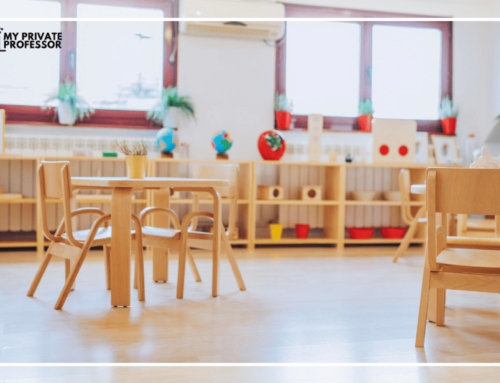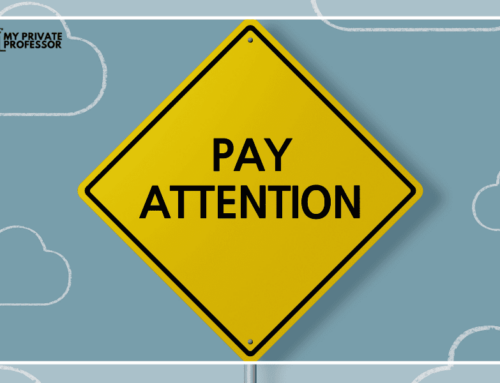You’re at your desk with a fresh cup of coffee, ready to get cracking on the long–and fascinating, as your teacher put it–physics worksheet. Oh, and it’s due bright and early the next day—you’ve got a long night ahead. But then your phone lights up, and the notifications roll in. You could put the phone away until you finish (you told yourself you would!), but how much harm is a few minutes?
Forty-five minutes later, you’re deep into figuring out how your horoscope corresponds with every Snapchat friend.
Welcome to the age of social media.
Likely, you’ve learned, to some extent, about how social media can impact mental health, focus, wellbeing, quality of life, sleep, etc. Perhaps you’ve taken it in but thought, I’ll be fine. Most of us tend to engage in this type of thinking from time to time, where believe ourselves to be the outlier. This is textbook self-exceptionalism. As humans, we often consider ourselves to be kinder, more rational, and/or smarter than most others.
Well, other than the handful of super-humans out there–Usain Bolt qualifies?–most of us aren’t. But this is great news! It means we’re all in the same boat. And that means, to put it simply, that we’re all susceptible to social media’s consequences.
Social media has addictive properties
Understanding–scientifically–how social media really works is a great way to recognize how you can develop healthier media habits. The reality is, social media has the potential to suck you in and turn you a into chronic consumer. In fact, over several years, researchers have found that social media may have addictive properties similar to drugs.
Social media basically acts like a PEZ dispenser, except instead of feeding sugar, it feeds dopamine. Just like with sugar, once you get it, you want more. And when you don’t have it, you may go through a “crash,” or withdrawal.
And this addiction, as it seems, can affect academic performance.
A 2019 study on the relationship between social networking addiction and academic performance found that students who were addicted to social networking had significantly lower academic performance than students who were not addicted to networking.
Similarly, findings from a 2015 study demonstrated that both the amount of time spent on social media and the extent to which one is addicted have negative impacts on academic performance.
Although we have the ability to turn off notifications or the device, social pressure still persists. No one likes feeling out of the loop. Plus, we love to be a part of something, which social media provides—eternal community.
And you can’t ignore the bandwagon effect, how we tend to strive to conform to what everyone else is doing in social situations. This is particularly prevalent for young students, who are particularly influenceable. Research shows that most people change their perception to conform with the rest of the group–and that this effect is stronger for younger people.
Luckily, just like sugar, if you slowly and consistently change your media habits, over time, dependency (or even addiction) will weaken.
Social media use and academic performance are significantly related
Science Daily conducted a meta analysis of several studies focusing on how social media impacts on academic performance, finding that:
- Students who regularly use Instagram while studying tend to perform slightly worse than students who don’t use social media while studying.
- Students who often log into social media and spend lots of time using it slightly lower grades than those who aren’t avid social media users.
Evidently, balancing social media usage with studying or doing homework can yield consequences in students’ academics. But really, this isn’t so surprising. Time and time again, research has shown that humans aren’t good at multitasking, although we often assume otherwise!
In a study from 2021, researchers looked at the effects of social media among university students, finding that out of 300 students, 97% engaged in social media, with only 1% using it for educational reasons. Additionally, 57% of them were addicted! This provides a glimpse at not only the sheer volume of social media consumption, but its powerful effects.
Social media affects sleep and, in turn, academic performance
It’s impossible to avoid the fact that as social media prevalence has increased, we’ve changed–we’ve become a high-paced, high-stress society. We’re always on the go.
Additionally, we always have access to communication, which, yes, has tons of benefits. For instance, we are blessed with long distance communication, emergency phone calls, large-scale team meetings, among other positives.
But at the same time, we’re getting burnt out, because “downtime” for many people is never truly downtime. And also, a key contributor to burnout is that it’s difficult to get that high-quality sleep need with all that screen time.
Research shows that there is a direct link between social media usage and sleep deprivation. For many, it’s the norm to engage in social media before bed. And while it can seem like a calming, low-stress activity to do before bed, it can be harmful in several ways.
First, social media is distracting and can often push bedtime back. Second, the blue-screen light can have negative affects on your sleep quality. Sleep Health Journal found that exposure to blue screens in the evening can cause morning grogginess, daytime dysfunction, and decreased sleep quality.
And I’m sure you can guess how this further weakens academic performance. Students can easily develop a cycle where they engage in extreme social media usage, have poor quality sleep, and then have lower academic performance.
So if you’re trying to turn over a new leaf by becoming a morning person, it’s time to curb your before-bed scrolling.
It’s not all bad news!
While this can seem dreary and daunting, it’s not all bad. Science Daily’s meta-analysis (mentioned above) points to a silver lining.
The research showed that:
- Those who use social media to communicate about academic/school-related topics tend to have marginally better grades than those who use social media for non academic-related matters.
- Students who are especially active on social media don’t spend less time studying.
So, these results tell us what?
Well, first of all, social media is not innately harmful! The first finding says just that–these students were using social media “intensively,” and didn’t spend any less time studying than non-active users. So from that, we can see that:
a) social media isn’t simply bad for students,
b) it won’t necessarily affect their work ethic, and
c) when used for school-related issues, it usually isn’t harmful.
The second finding is key to understanding how to moderate social media use. Clearly, even when students spend a lot of time on social media, they still can find the time to study. So, if you exercise self-control to allocate your time to studying when you need to study, and reserve using social media for other times, you can still excel academically.
How can social media improve academic performance?
Evidently, there’s potential danger in the rise of social media, but there’s also overlooked student benefits. Furthermore, during this weird time where lots of students are still learning remotely, understanding how to use social media to your advantage is important.
A 2020 empirical study that examined how social media may regulate collaborative learning provides us with some useful takeaways.
First, the researchers found that collaborative learning through social media leads to high levels of student interaction. This includes sharing knowledge and ideas, which may be through forums and discussion posts. Additionally, the researchers found that conversations with teachers through social media lead to a high degree of student engagement.
Generally, there was a significant, positive relationship between online knowledge sharing and student engagement. And notably, the study highlighted that student engagement is positively correlated with academic performance.
From this, it’s important to recognize that collaborative learning on social mediums is linked to student engagement—which is linked to higher academic performance. So, indirectly, social-media-based collaborative work leads to higher academic performance.
Windsor University provides more information on how social media can be beneficial to students by:
- Improving practical skills through informational videos
- Helping students with research projects through utilizing data and survey results
- Providing students with valid and reliable sources and data that helps them complete assignments and prepare for lessons
Informative learning and moderation is key
Since social media and technology aren’t going anywhere, let’s take in all the facts the science, and take action. You don’t have to starve yourself of social media. Instead, you can practice exercising moderation and learn new ways to craft your schedule. Think about it like this: as a human, you have a deep-seated desire for control. So each time you apply your knowledge and exercising your strength over social media’s persuasive pull, you’re gaining a little power and a little control.
Long live your agency!
Author: Lydia Schapiro
My Private Professor is an innovative tutoring platform that inspires & empowers today’s students to reach their greatest potential & lead tomorrow’s world.







